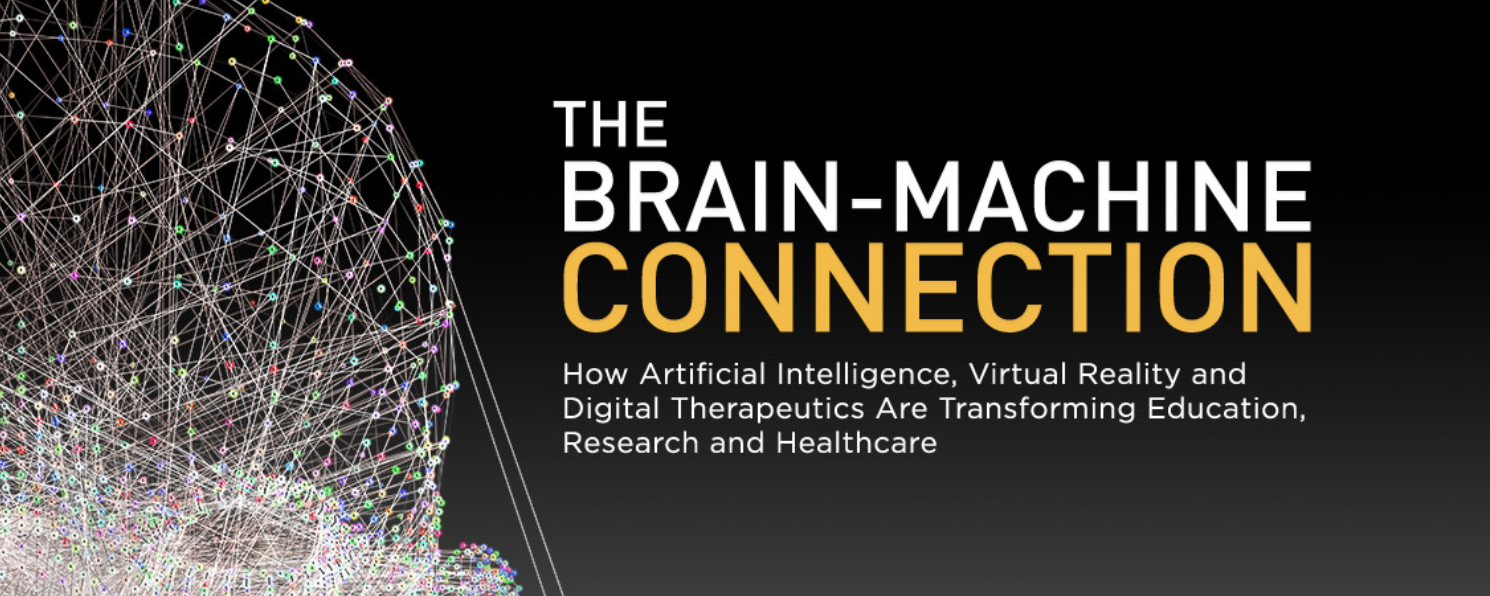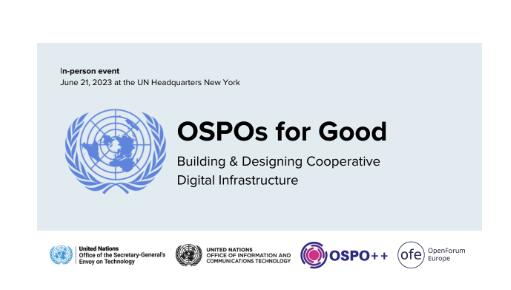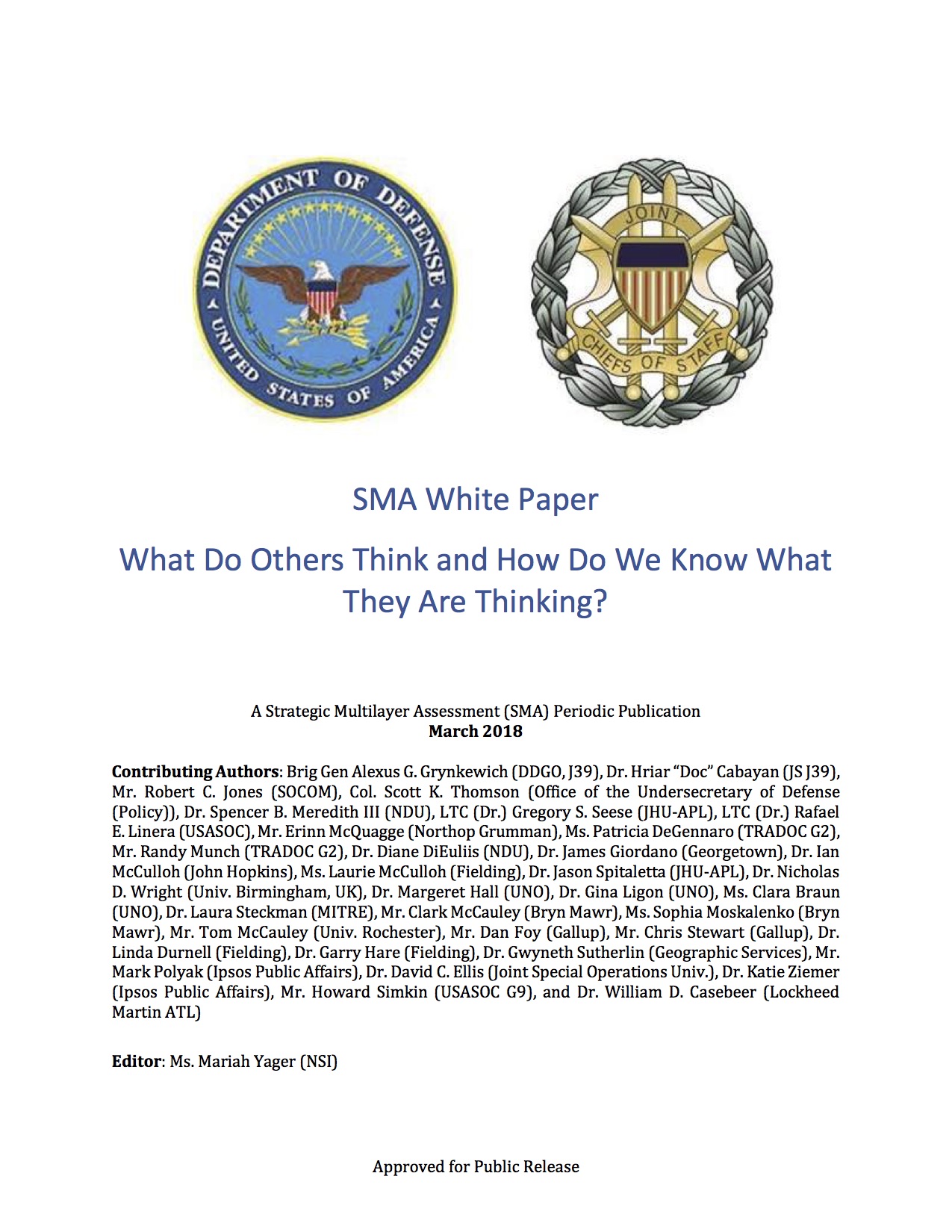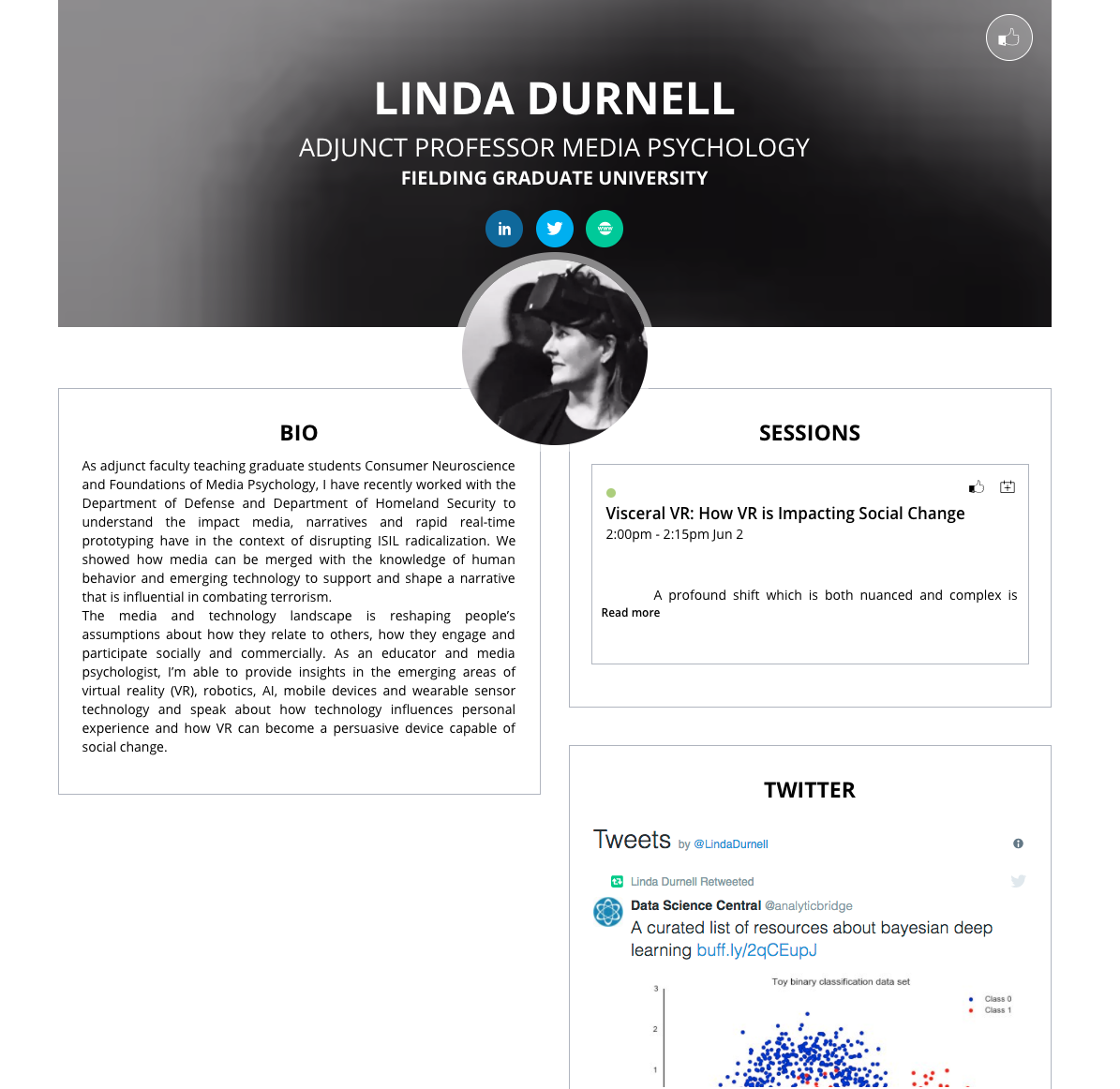The Brain Machine Connection: How AI, VR and Digital Therapeutics are Transforming Education, Research and Healthcare
Medicine promises to become the biggest vertical market for the use of VR. Some believe the deepest and most significant impact technology currently can make is in clinical, medical and the healthcare industry. Technological innovations in the clinical and behavioral change space, includes collaboration between psychiatrists, psychologists, behavioral scientists, neuroscientists, engineers, developers, designers, and entrepreneurs.In the clinical industry technology can dramatically impact medical assessments, clinical care, preventive health and wellness, and can facilitate a shift in providing solutions to the most difficult problems in healthcare. VR for better patient outcomes:
- VR Pain management
- Surgical training
- PTSD/depression/anxiety/phobias
- Addictions
- Aging and rural populations/Alzheimer’s/dementia
- Stroke rehabilitation—capture movement and recover from stroke cognitively.













